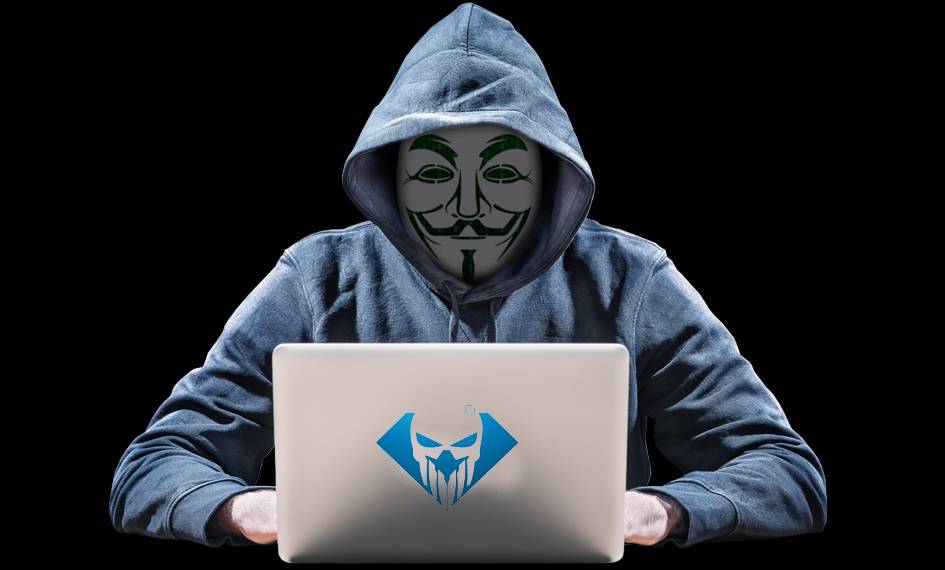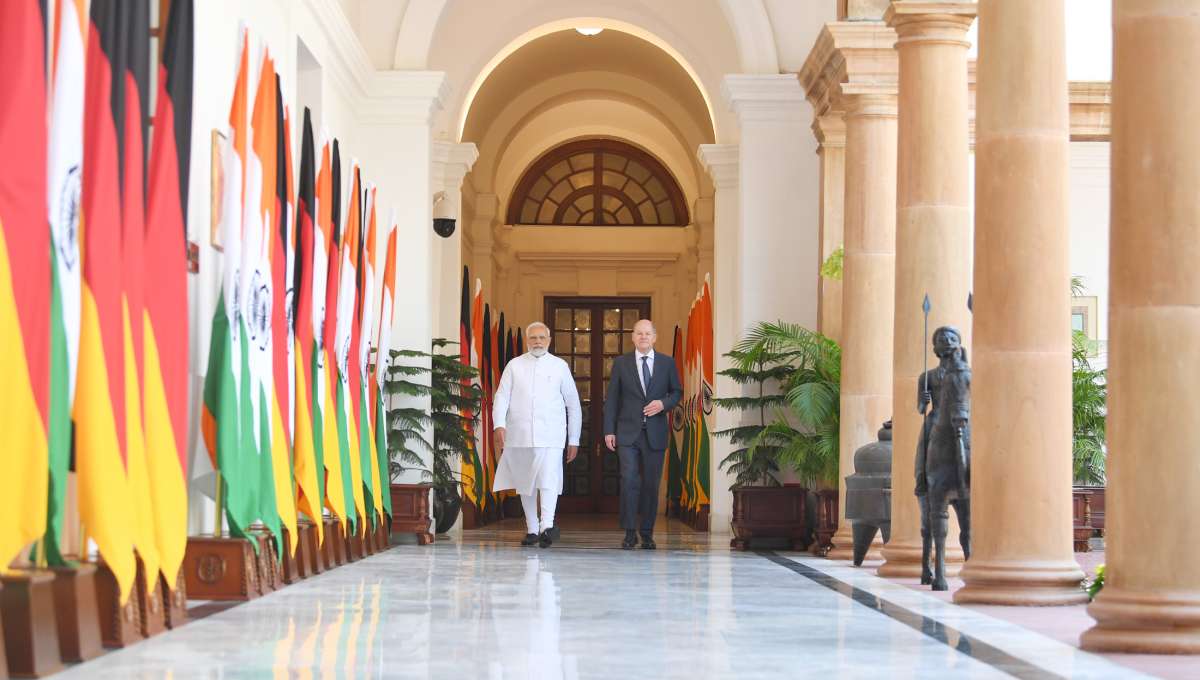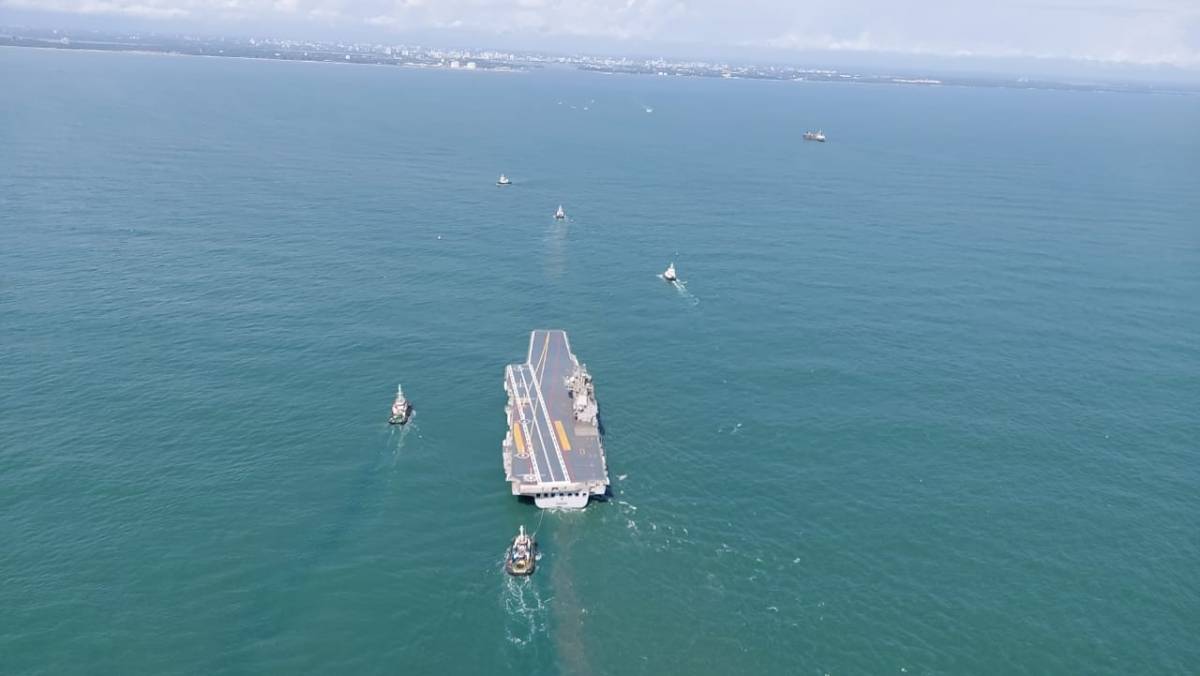The international cybersecurity company FireEye announced that a massive cyberattack appears to be part of a long-term spying strategy in the area of technology…reports Asian Lite News
China on Tuesday hacked dozens of Israeli public and private sector groups as well groups in Iran, Saudi Arabia and a variety of other countries for information on technology and business advances.
The international cybersecurity company FireEye announced that a massive cyberattack appears to be part of a long-term spying strategy in the area of technology and business competition and advancement, rather than a desire to harm any of the target countries or businesses, reported The Jerusalem Post.
According to FireEye, Beijing does not discriminate along any of the fault lines in the region, using its cyber tools to spy on a wide array of Middle Eastern countries, which are often at odds with each other, while all doing business with China.
The goal seems to have been to gain intelligence into achieving better negotiation outcomes in terms of pricing by viewing internal email discussions and assessments, and to appropriate certain key technological developments where possible, reported The Jerusalem Post.
In addition, the attack is tied to the cyber exploitation of holes in Microsoft’s SharePoint, announced by the Israel National Cyber Directorate (INCD) in 2019. Its maximum impact is not currently being felt.
Estimates are that some public and private sector Israeli entities started to repel the attack once the SharePoint vulnerability was announced in 2019, but that in other cases, Chinese spying in Israel continued deep into 2020, reported The Jerusalem Post.
The timing of the current announcement seemed to dovetail with the announcement by governments in Europe, Asia, the US and NATO in July of a similar massive cyber attack carried out by China.
Retail sector top target
The global retail sector faced the highest level of ransomware attacks during 2020, with 44 per cent of organisations hit (compared to 37 per cent across all industry sectors), according to a report by UK-based cybersecurity firm Sophos.
The report “Sophos State of Ransomware in Retail,” looked at the extent and impact of ransomware attacks on the retail sector worldwide during 2020.
The total bill for rectifying a ransomware attack in the retail sector, considering downtime, people time, device cost, network cost, lost opportunity, ransom paid, and more, was $1.97 million on average — compared to a cross-sector average of $1.85 million, the report revealed.
Among the retail organisations hit by ransomware, over half (54 per cent) said the attackers had succeeded in encrypting their data, while a third (32 per cent) paid an average $147,811 in ransom.
However, those who paid recovered on average only two-thirds (67 per cent) of their data, leaving a third inaccessible; and just 9 per cent got all their encrypted data back, the report showed.
“The retail sector has always been an attractive target for cyberattacks, with its complex, distributed IT environments, including a multitude of connected point-of-sale devices, a relatively transient and non-technical workforce, and access to a wide range of personal and financial customer data,” said Chester Wisniewski, principal research scientist at Sophos, in a statement.
“The impact of the pandemic introduced additional security challenges that cybercriminals were quick to exploit,” he added.
To secure retail IT networks against ransomware and other cyberattacks, Wisniewski advised IT teams to focus resources on three critical areas: building stronger defences against cyberthreats, introducing security skills training for users including part time and temporary staff, and, where possible, investing in more resilient infrastructure.
The report survey polled 5,400 IT decision makers, including 435 retail IT managers, in 30 countries across Europe, the Americas, Asia-Pacific and Central Asia, the Middle East, and Africa. (ANI/IANS)














